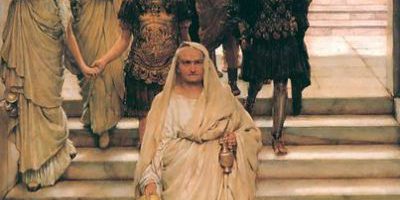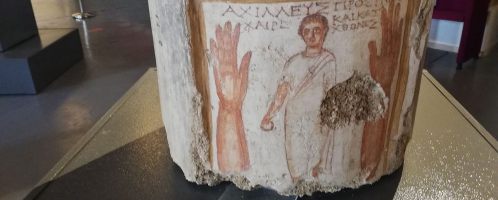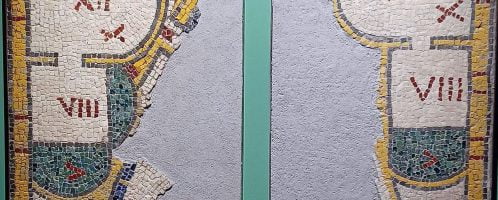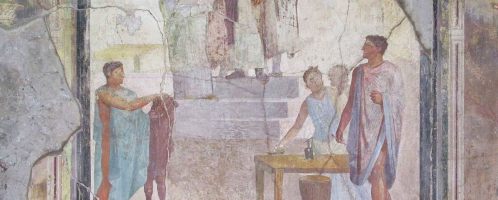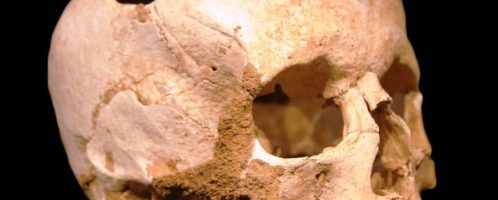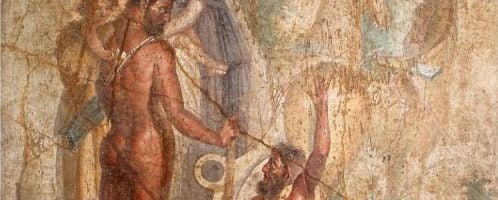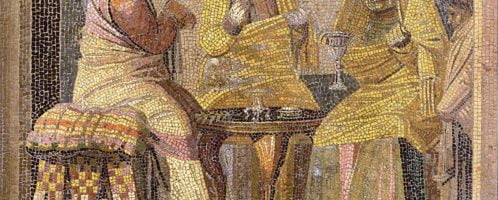Only free-born Roman men were allowed to wear toga
Only free-born Roman men were allowed to wear the toga (symbol of citizenship). Putting on a toga was a difficult, not to say burdensome activity. The strip of fabric was folded lengthwise, one end was thrown over the left shoulder, a toga was placed over the back, the other end was passed under the right shoulder and thrown over the left shoulder from the front.

